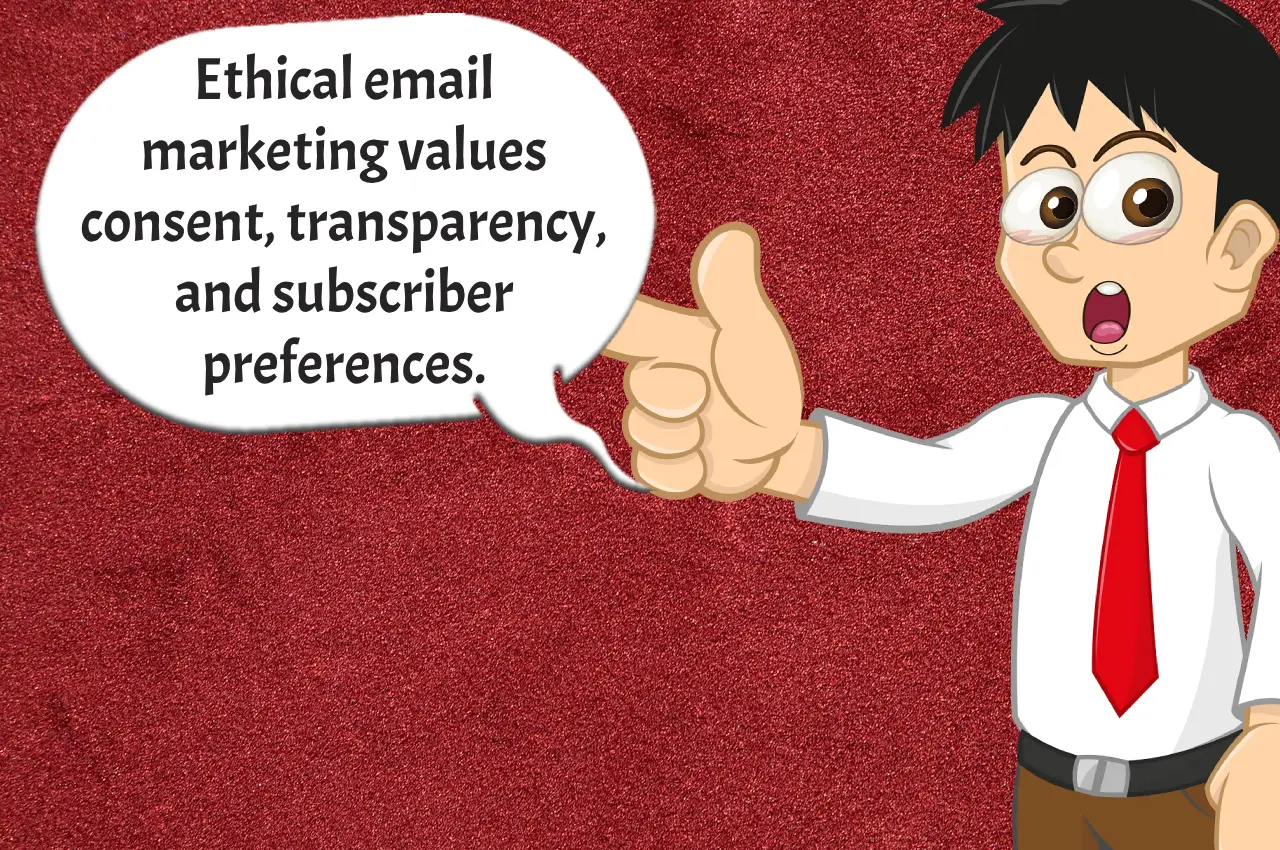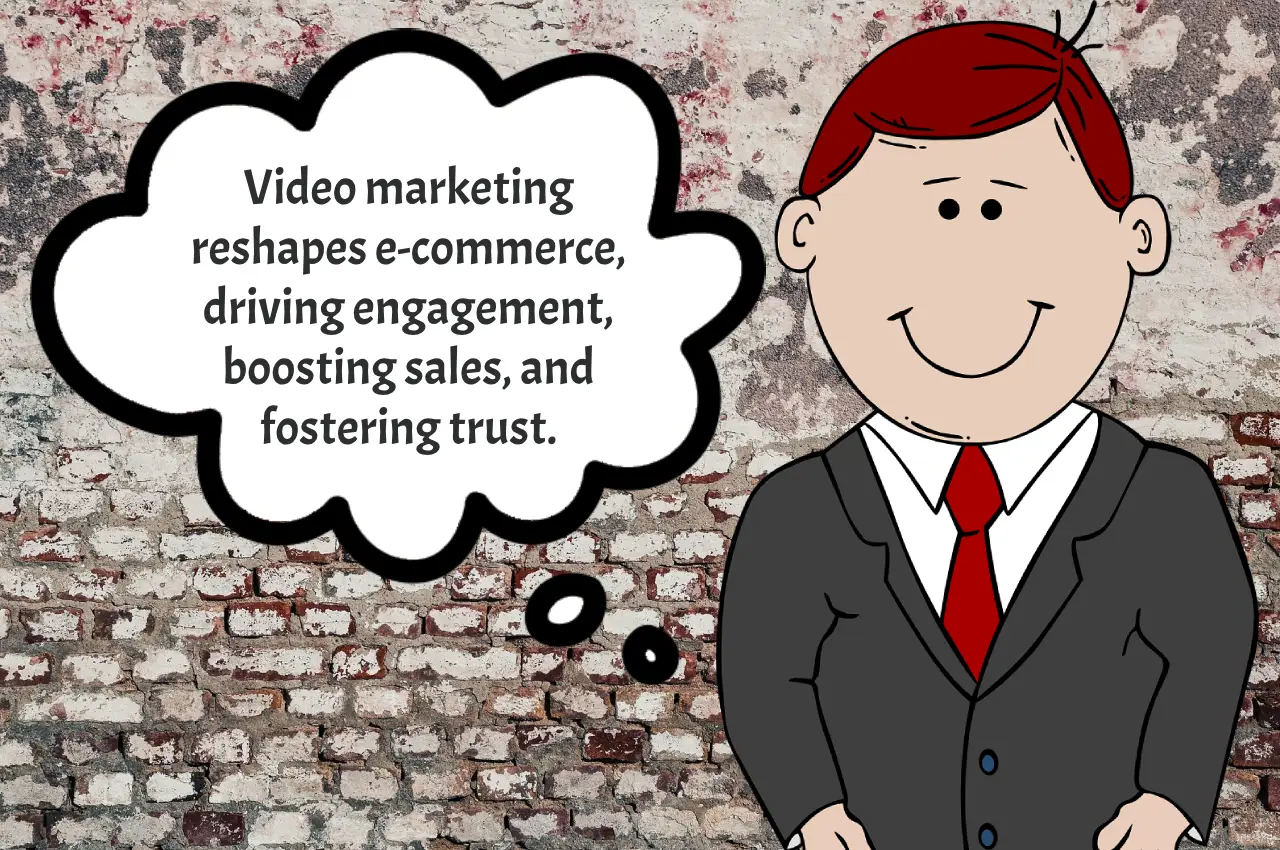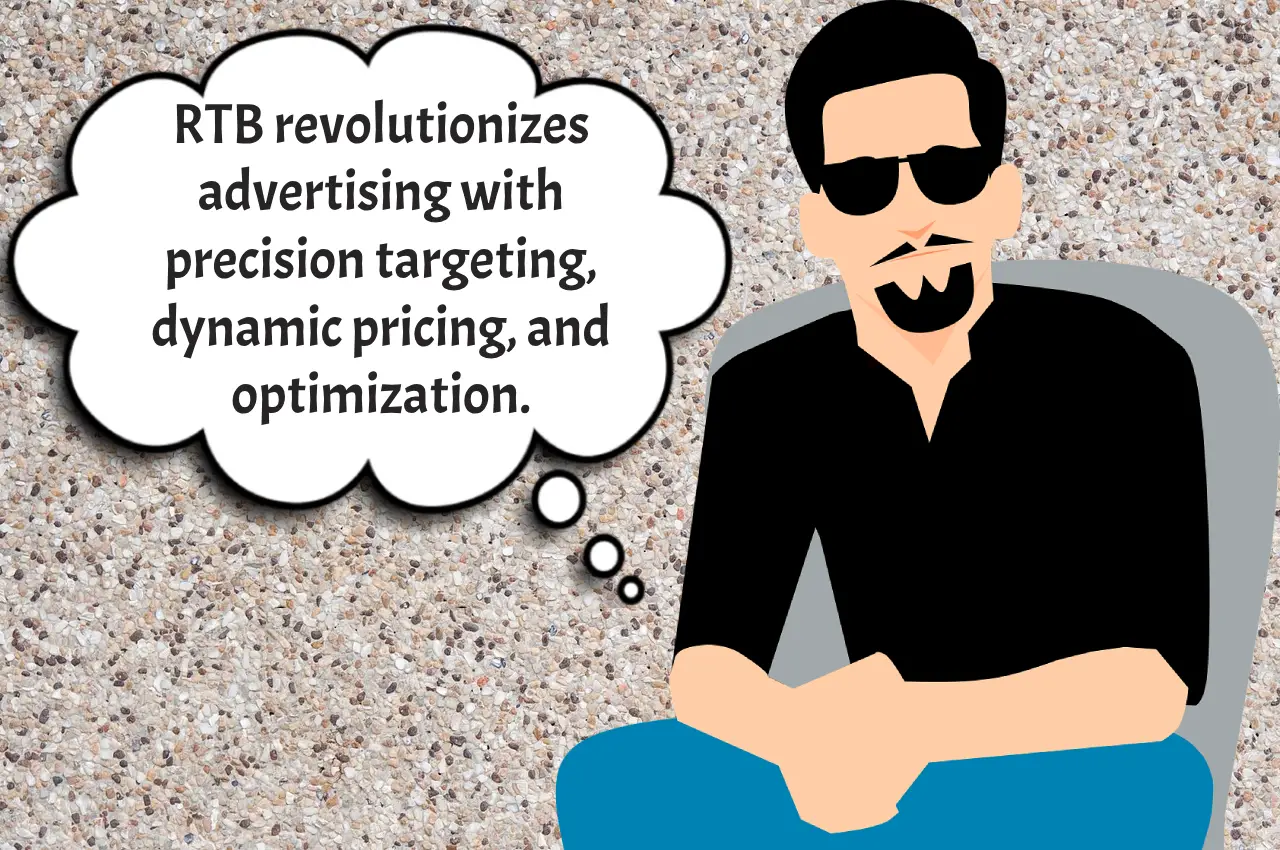Crafting an email marketing campaign that resonates with your audience while maintaining ethical standards is both an art and a science. In today’s digital landscape, where consumers are bombarded with countless emails daily, standing out requires a thoughtful approach that values authenticity, respect, and relevance. Let’s explore ethical email marketing and explore best practices to ensure your campaigns are not only effective but also respectful of your subscribers’ time and privacy.
Understanding Ethical Email Marketing
At the core of ethical email marketing lies the principle of consent. Sending emails to individuals who haven’t explicitly opted in to receive them violates their trust and can damage your brand reputation. Additionally, transparency regarding data usage and clear communication about the frequency and content of emails are essential elements of ethical email marketing.
Honoring Subscriber Preferences
Respecting subscriber preferences is paramount. Allow subscribers to choose the frequency of emails they receive and the type of content they’re interested in. By personalizing their experience based on their preferences, you demonstrate that you value their time and respect their autonomy.
Providing Valuable Content
The key to engaging subscribers and maintaining a healthy email list is to consistently deliver valuable content. Whether it’s informative articles, exclusive offers, or personalized recommendations, every email should provide something of value to the recipient. Avoid bombarding subscribers with promotional messages and focus on building a relationship based on trust and mutual benefit.
Leveraging Segmentation for Personalization
Segmentation allows you to divide your email list into smaller, targeted groups based on demographics, behavior, or preferences. By sending tailored content to each segment, you can increase relevance and engagement. However, it’s crucial to ensure that segmentation is done ethically and respects subscribers’ privacy. Avoid using sensitive information for segmentation purposes and always obtain consent before collecting and using personal data.
Implementing Double Opt-In
Double opt-in is a method where subscribers confirm their subscription twice—once by entering their email address and again by clicking a verification link sent to their inbox. While it may result in a smaller email list initially, double opt-in ensures that subscribers are genuinely interested in receiving your emails, leading to higher engagement and lower unsubscribe rates. It also provides an added layer of protection against spam complaints and ensures compliance with anti-spam regulations.
Monitoring and Analyzing Metrics
Regularly monitoring and analyzing email metrics is essential for evaluating the effectiveness of your campaigns and identifying areas for improvement. Key metrics to track include open rates, click-through rates, conversion rates, and unsubscribe rates. By understanding how subscribers interact with your emails, you can refine your strategy, optimize content, and enhance the overall subscriber experience.
Testing and Optimization
A/B testing, also known as split testing, involves sending two variations of an email to different segments of your audience. It helps determine which performs better. Elements like subject lines, call-to-action buttons, and content layout can be tested. This helps identify what resonates most with your subscribers. Continuously testing and optimizing your emails based on data-driven insights allows you to refine your strategy. It also maximizes the effectiveness of your campaigns over time.
Maintaining Email List Hygiene
Regularly cleaning your email list is crucial. It involves removing inactive or disengaged subscribers. This helps maintain deliverability and ensures your emails reach the intended recipients’ inboxes. Periodically reconfirming subscribers’ interest is essential. Re-engagement campaigns can help weed out inactive contacts. They also improve the overall quality of your email list.
Engaging in Ethical Email Acquisition
Building an email list organically through ethical means is essential for long-term success in email marketing. Avoid purchasing email lists or using deceptive tactics to acquire subscribers, as these practices not only violate ethical standards but also result in low-quality leads and damage your sender reputation. Instead, focus on creating valuable content, offering incentives for subscription, and leveraging opt-in forms on your website and social media channels to attract interested subscribers.
Fostering Transparency and Trust
Transparency should permeate every aspect of your email marketing strategy, from your sign-up process to your email content and data handling practices. Clearly communicate what subscribers can expect from your emails, how their data will be used, and how they can opt out if they choose to do so. By fostering transparency and building trust with your audience, you can establish yourself as a credible and reputable sender.
Embracing Continuous Learning and Adaptation
The field of email marketing is constantly evolving, with new technologies, regulations, and consumer preferences shaping the landscape. Embrace a mindset of continuous learning and adaptation, staying informed about industry trends, best practices, and emerging technologies. By staying agile and responsive to change, you can position yourself for long-term success in the dynamic world of email marketing.
Transparency in Data Handling
With data privacy becoming increasingly important to consumers, transparency in how you handle their information is non-negotiable. Clearly communicate your data collection practices, use secure methods to store and protect subscriber information, and adhere to relevant privacy regulations such as GDPR and CCPA. Building trust with your subscribers starts with being transparent about how their data is being used.
Respecting Unsubscribe Requests
Respectfully handling unsubscribe requests is essential for maintaining a positive brand image. Make it easy for subscribers to opt out of receiving further emails, and promptly honor their requests. Additionally, take the opportunity to gather feedback from unsubscribers. Understand their reasons for opting out. Identify areas for improvement in your email marketing strategy. This feedback can provide valuable insights that you can use to refine your approach and better engage with your audience.
Striving for Accessibility
Accessibility should be a priority in all aspects of your email marketing campaigns.
Make sure your emails are optimized for various devices and screen readers. Use clear and concise language. Ensure it’s easy to understand. Also, provide alternative text for images. This accommodates subscribers with visual impairments. By making your emails accessible to everyone, you demonstrate inclusivity and respect for diversity.
Building Trust Through Consistency
Consistency is key to building trust with your audience. Whether it’s the frequency of emails, the tone of voice, or the quality of content, strive to maintain consistency across all touchpoints. By delivering on your promises and consistently meeting subscriber expectations, you establish yourself as a reliable and trustworthy sender.
Ethical Email Marketing in Practice
In conclusion, ethical email marketing is not just about following regulations or avoiding spam filters. It’s about building meaningful relationships with your subscribers. These relationships are based on trust, respect, and mutual benefit. By prioritizing consent, transparency, and value in your email campaigns, you can create engaging experiences. These experiences resonate with your audience while upholding ethical standards.
What are your thoughts on ethical email marketing? Have you encountered any examples of brands that excel in this area? Share your insights in the comments below and join the conversation!





